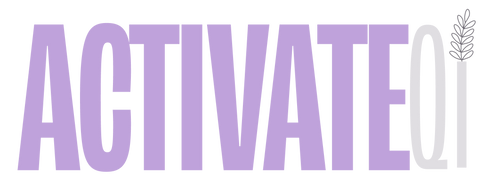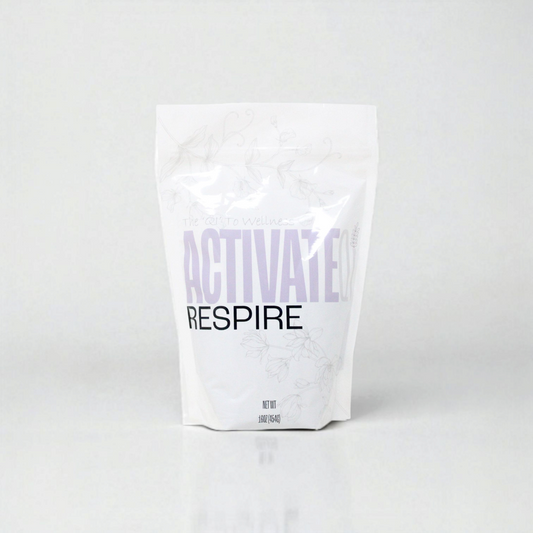Dry Cough vs. Wet Cough: Understanding the Difference in Humans, Horses, and Dogs
Not all coughs are the same. Whether it’s you battling a lingering tickle, your horse struggling after a dusty haul, or your dog hacking after play, the type of cough matters. Recognizing the difference between a dry cough and a wet cough is key to restoring balance and supporting long-term respiratory health.
Dry Cough (Yin Deficiency or Dryness in the Lungs)
A dry cough often feels like a scratchy, parched throat with little to no phlegm. It may be paired with dry mouth or general dryness in the body. In Traditional Chinese Medicine (TCM), this points to a lack of Yin—the body’s fluids that moisten and nourish the Lungs. Without enough moisture, the airways become irritated, making coughs sharp and dry.
Wet Cough (Phlegm-Damp or Wind-Cold)
A wet cough, on the other hand, is heavy, congested, and full of mucus. Phlegm may be white, yellow, or sticky, and the cough often comes with a sense of fullness in the chest. In TCM, this usually indicates a weak Spleen, which allows Dampness to build up internally. When Damp combines with pathogens, it clogs the Lungs and creates lingering, phlegmy coughs.
Why Differentiating Matters
Both types of cough signal different imbalances in the body. A dry cough needs moisture and nourishment for the Lungs, while a wet cough requires clearing Dampness and moving phlegm. By supporting the body appropriately, relief lasts longer and the risk of recurrence decreases.
Support Formulas
Repel: For Asthma, Wheezing, and Shortness of Breath
Asthma in TCM is seen as an imbalance of the Kidneys, Lungs, or Spleen. When the Kidneys can’t “grasp” Qi, or when excess phlegm and wind obstruct the airways, wheezing and coughing occur. Repel helps restore normal breathing by nourishing the Kidneys, tonifying the Lungs, and clearing phlegm.
How It Helps:
- Tonifies the Spleen, drying Dampness and reducing congestion
- Clears heat and inflammation
- Nourishes the Kidneys to strengthen breathing
- Tonifies the Lungs to open the airway and stop cough
Best For: Asthma, shortness of breath, wheezing, and phlegmy coughs.
Respire: For Seasonal Allergies and Respiratory Support
Seasonal allergies are often linked to Wei Qi deficiency in TCM—the body’s first line of defense. When Qi flow is blocked, the immune system weakens, leaving the body vulnerable to allergens. Respire helps strengthen the immune system while clearing the Lungs and nasal passages.
How It Helps:
- Boosts immune function
- Tonifies the Spleen to dry Dampness and clear phlegm
- Cleanses the blood and reduces throat pain or swollen glands
- Tonifies Lung Qi to improve respiratory function
- Clears congestion and nasal discharge
Best For: Runny nose, itchy eyes, sneezing, congestion, rashes, and seasonal allergies.
Final Thoughts
Whether it’s a dry cough that needs nourishment or a wet cough that requires clearing Dampness, understanding the root imbalance helps determine the right approach. By supporting the Lungs, Spleen, and Kidneys with targeted herbal formulas, both humans and animals can breathe easier and recover more fully.
Respire for Horses and Dogs Link
Repel for Horses Link
Respire for Humans Link
Repel for Humans Link




